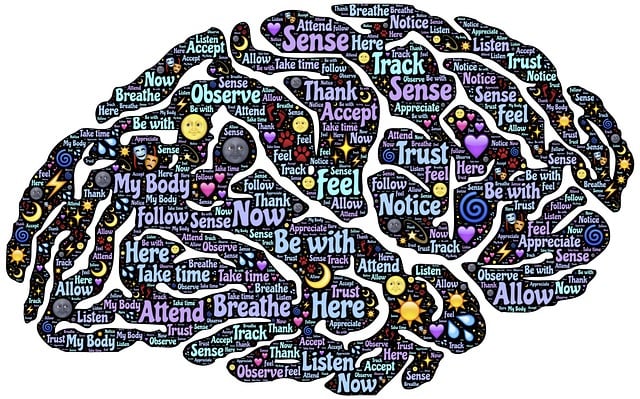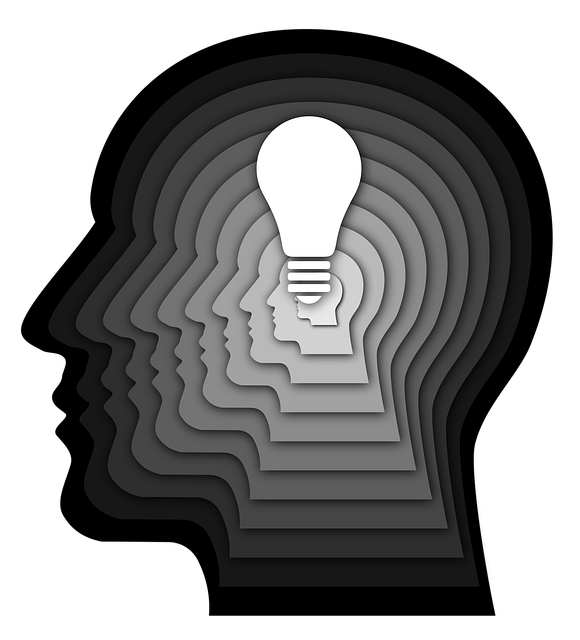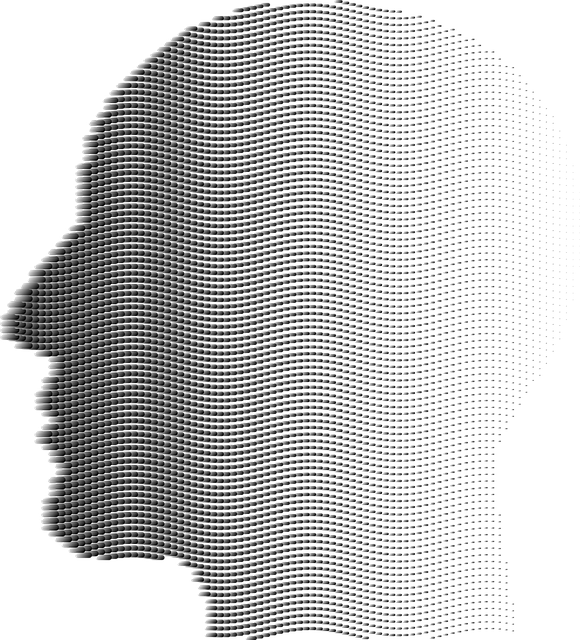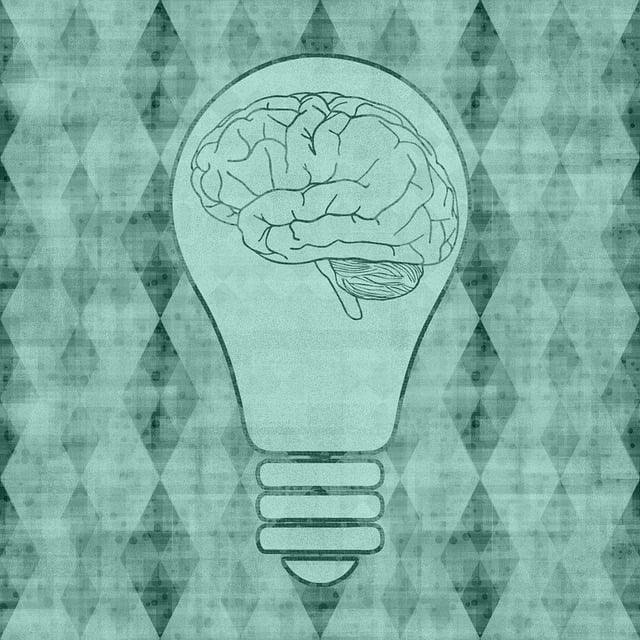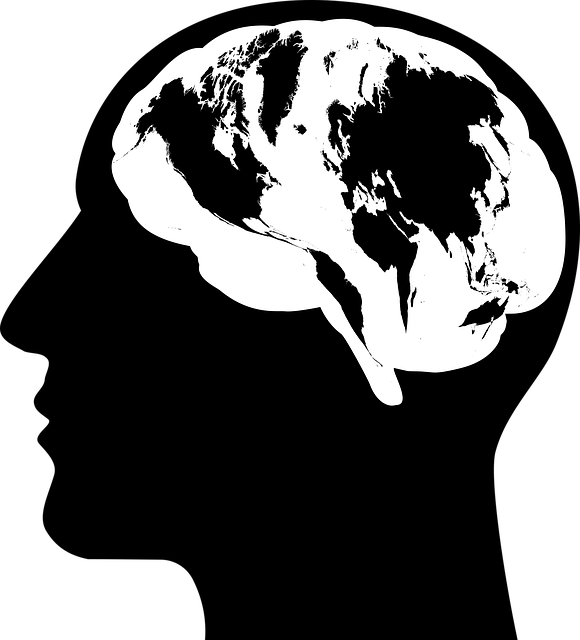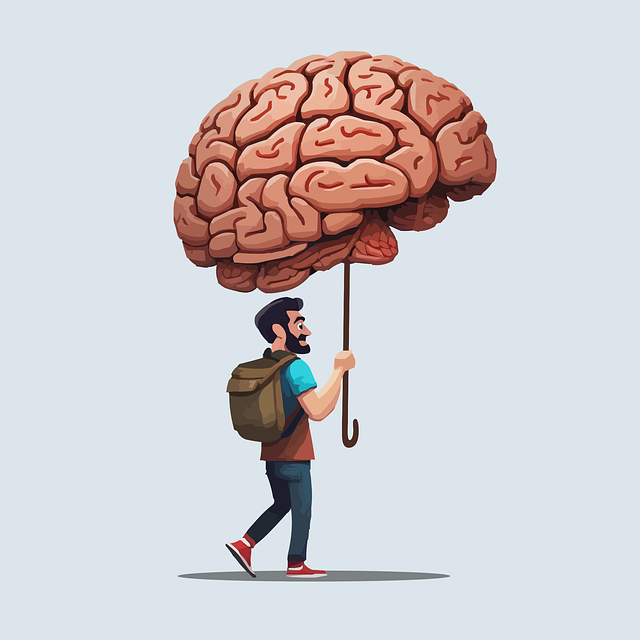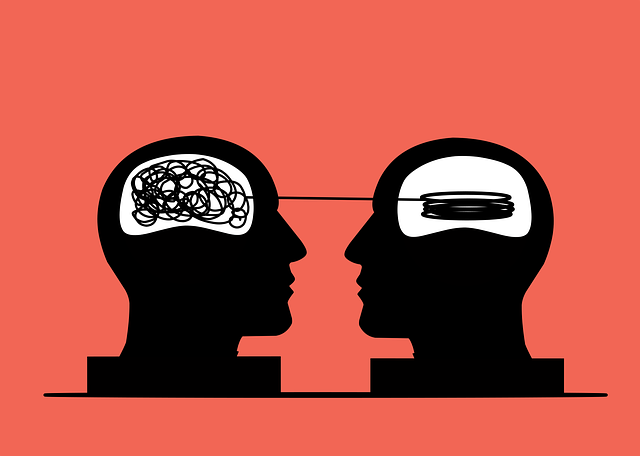Oppositional Defiance Disorder (ODD) in the elderly is a growing concern, emphasizing the need for specialized therapy. Recognizing ODD symptoms and differentiating them from normal aging behaviors is crucial. Mindfulness meditation, emotional regulation techniques, and anxiety relief strategies tailored to older adults show promise in managing ODD. Data analysis plays a vital role in understanding ODD's causes and symptoms, leading to personalized interventions that improve well-being. Advanced data techniques identify triggers and guide effective therapy strategies, such as targeted coaching programs for caregiver-elder interactions. Therapy success is measured through behavioral assessments and adjusted based on individual progress, ensuring improved mental wellness for elders with ODD.
Mental health data analysis plays a pivotal role in understanding and treating complex conditions, such as Oppositional Defiance Disorder (ODD) in the elderly. This article explores the intricate relationship between data-driven insights and mental health assessment, focusing on ODD. We delve into how data analysis uncovers behavioral patterns, informs tailored therapy strategies, and measures treatment success for elders struggling with ODD. By leveraging these techniques, professionals can enhance care, improve outcomes, and offer more effective therapy for this vulnerable population.
- Understanding Oppositional Defiance Disorder (ODD) in Elderly Populations
- The Role of Data Analysis in Mental Health Assessment
- Uncovering Patterns: Analyzing ODD Behavior through Data
- Interpreting Data to Tailor Effective Therapy Strategies
- Measuring Success and Adjusting Approaches in Elderly ODD Treatment
Understanding Oppositional Defiance Disorder (ODD) in Elderly Populations

Oppositional Defiance Disorder (ODD) is a mental health condition often associated with younger individuals, but it can also manifest in elderly populations. Recognizing and understanding ODD in the aging context is crucial for effective therapy for elders who exhibit these behaviors. As society ages, healthcare professionals are increasingly encountering older adults with ODD, which can significantly impact their overall emotional well-being and quality of life. This disorder is characterized by frequent and consistent arguments with authority figures, active defiance, and deliberate attempts to annoy or upset others, all of which may be more pronounced in an elderly setting.
The challenge lies in differentiating normal aging behaviors from ODD symptoms. Some older adults might display irritability, stubbornness, or resistance as a result of chronic pain, cognitive decline, or social isolation—all factors that are prevalent in later life. Mindfulness meditation and emotional well-being promotion techniques have shown promise in managing ODD symptoms by teaching individuals to recognize triggers, regulate emotions, and improve communication skills. Additionally, anxiety relief strategies can be tailored to address the unique concerns of elderly individuals, providing them with tools to cope and potentially reducing defiant behaviors associated with ODD.
The Role of Data Analysis in Mental Health Assessment

Mental health data analysis plays a pivotal role in understanding complex behaviors and patterns among individuals seeking therapy, including the elderly with Oppositional Defiance Disorder (ODD). By meticulously analyzing trends within demographic, clinical, and treatment-related data, professionals can gain valuable insights into what works best for each unique patient. This approach allows for more personalized interventions, fostering inner strength development and resilience building.
Through data-driven insights, therapists are equipped to enhance their understanding of ODD’s underlying causes and symptoms, encouraging positive thinking and healthier coping mechanisms. By leveraging these strategies, mental health practitioners can optimize therapy outcomes, ensuring that each patient receives tailored support for their specific needs.
Uncovering Patterns: Analyzing ODD Behavior through Data

Uncovering hidden patterns in mental health data can provide valuable insights into complex behaviors like Oppositional Defiance Disorder (ODD) among elders. Advanced data analysis techniques allow professionals to identify recurring trends and triggers, which are crucial for developing effective therapy strategies. By analyzing large datasets, researchers can uncover correlations between specific environmental factors, life events, and the onset or exacerbation of ODD symptoms in elderly individuals. This knowledge is pivotal for tailoring interventions that address the unique needs of this demographic.
Integrating Emotional Well-being Promotion Techniques and Communication Strategies based on data insights can significantly enhance therapy outcomes. For instance, understanding the communication patterns within caregiver-elder interactions might reveal areas where conflicts escalate, prompting the implementation of specific coaching programs designed to foster healthier dialogue. Mental Wellness Coaching Programs Development, guided by data analysis, ensures that interventions are not only targeted but also measurable, allowing for continuous improvement and better support for elders struggling with ODD.
Interpreting Data to Tailor Effective Therapy Strategies

Effective therapy strategies for elders with Oppositional Defiance Disorder (ODD) rely heavily on accurate data interpretation. By analyzing patterns within mental health data, therapists can gain valuable insights into the unique needs and challenges faced by each individual. This process involves not only understanding the symptoms but also identifying underlying causes, such as unmet needs or past traumas, which may be contributing to ODD manifestations. Through meticulous data analysis, therapists can tailor interventions that address specific behavioral and emotional issues, fostering more personalized and successful treatment outcomes.
Moreover, interpreting mental health data allows for targeted interventions that go beyond traditional therapy methods. It enables the integration of evidence-based practices, such as Emotional Regulation techniques and Compassion Cultivation Practices, which have shown promise in reducing the stigma associated with mental illness. By tailoring these strategies to address emotional regulation difficulties often present in ODD, therapists can help elders develop coping mechanisms that enhance their overall well-being and promote positive interactions with others, ultimately leading to improved quality of life.
Measuring Success and Adjusting Approaches in Elderly ODD Treatment

Measuring success and adjusting approaches are crucial aspects when treating Elderly Oppositional Defiance Disorder (ODD). The effectiveness of therapy can be evaluated by assessing improvements in specific behaviors, such as reduced aggression, better communication skills, and increased cooperation with caregiving tasks. Standardized assessment tools and observations within clinical settings play a vital role in quantifying these changes. Mental health professionals should consider incorporating Risk Management Planning to ensure safety and mitigate potential risks during treatment.
By analyzing the progress, therapists can tailor their strategies and choose the most suitable interventions for each elderly individual. This adaptive approach promotes better engagement and outcomes, fostering mental wellness. Moreover, regular feedback from caregivers and family members can provide valuable insights, enhancing the overall treatment experience. Incorporating these methods allows for a more nuanced understanding of ODD in the elderly, leading to confidence-boosting strategies that resonate with unique needs.
Mental health data analysis plays a pivotal role in understanding and treating conditions like Oppositional Defiance Disorder (ODD) in elderly populations. By unearthing patterns through robust analysis, healthcare professionals can interpret behaviors more accurately, leading to the tailoring of effective therapy strategies. This personalized approach, grounded in evidence from data, ensures that treatment plans for ODD in elders are not only successful but also adaptive and adjusted as needed. Ultimately, enhancing our ability to help seniors manage ODD is a testament to the power of data-driven insights in mental health care, promising better outcomes and improved quality of life for those affected.
